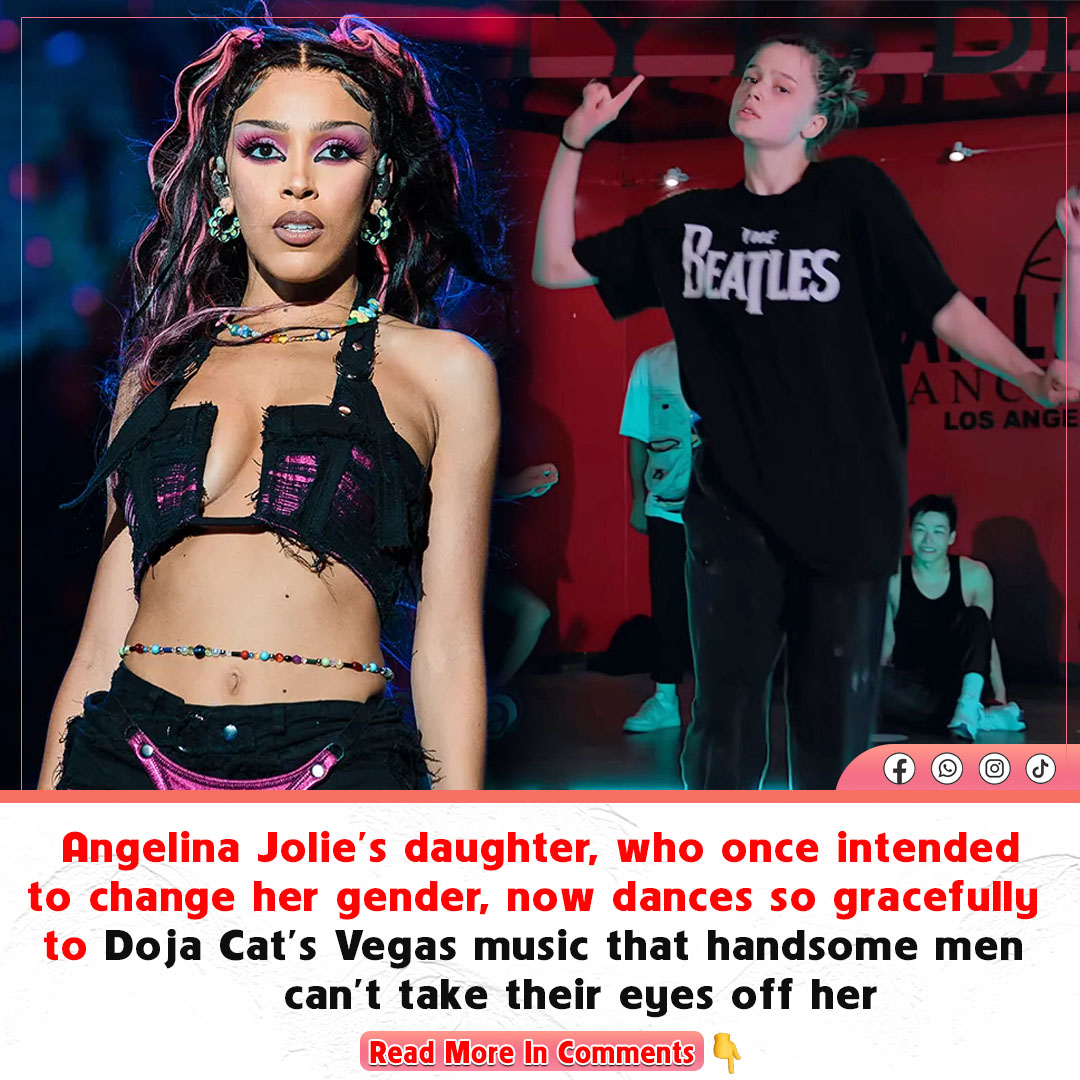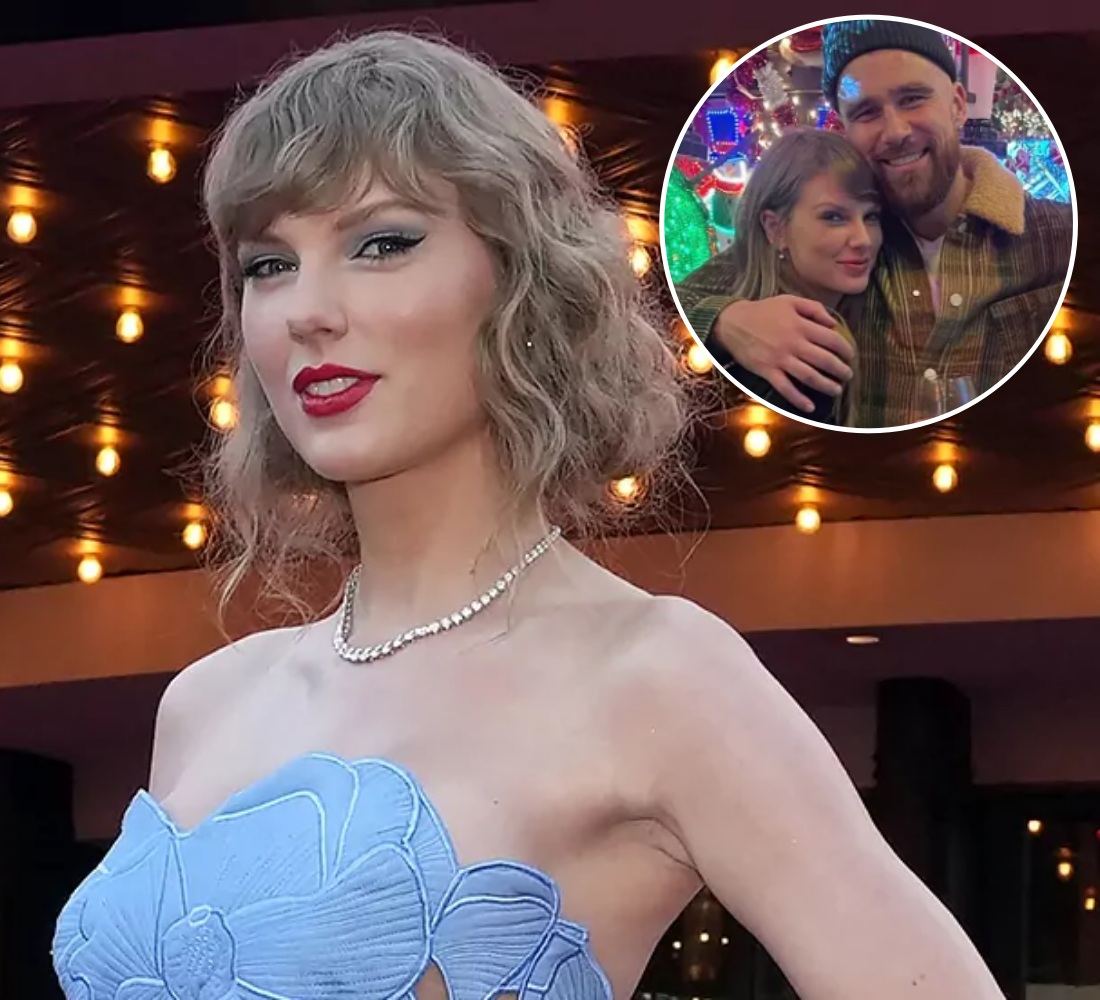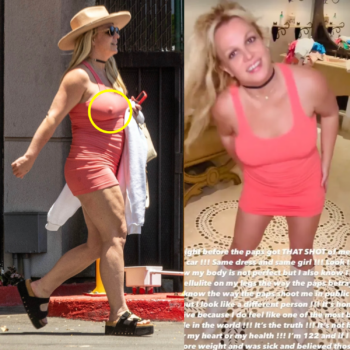
Mariah Carey SHAMES Jennifer Lopez Stealing From Amerie & Ashanti-be
The ongoing narrative surrounding Jennifer Lopez’s alleged appropriation of music from other artists, particularly Black artists, has resurfaced once again, with Mariah Carey reportedly taking a stand against Lopez’s actions.
Mariah Carey, known for her powerhouse vocals and songwriting prowess, has long been rumored to have had strained relations with Lopez, stemming from incidents where Lopez supposedly benefited from Carey’s work. One significant example dates back to the early 2000s when Carey was married to Tommy Mottola, then head of Sony Music, who allegedly favored Lopez over Carey.
During this time, Carey was embroiled in a tumultuous divorce from Mottola and a contractual dispute with Sony. Amidst this turmoil, Mottola reportedly gave Lopez a song that Carey had already recorded, “Loverboy,” which Lopez then released as her own. This move was seen as a deliberate attempt to sabotage Carey’s career, leaving her feeling betrayed and frustrated.

Carey’s grievances with Lopez extend beyond just the “Loverboy” incident. She has openly expressed her disdain for Lopez’s alleged lack of vocal talent, contrasting Lopez’s focus on performance with her own emphasis on singing and songwriting. Carey’s comments in various interviews and articles have served to highlight the disparity between their respective approaches to music and the industry.
Additionally, other artists like Ashanti and Amerie have also felt the impact of Lopez’s actions. Ashanti, who wrote and sang background vocals on Lopez’s hit “Ain’t It Funny,” revealed feeling hurt and frustrated when her contributions went unrecognized. Similarly, Amerie faced challenges when her song “One Thing” was allegedly considered for Lopez before ultimately being released independently.
The controversy surrounding Lopez’s appropriation of music from Black artists underscores broader issues of representation and recognition within the music industry. It highlights the challenges faced by artists of color in an industry where their contributions are often overlooked or exploited.
As Mariah Carey continues to speak out against Lopez and others who she believes have benefited unfairly from her work, the conversation around cultural appropriation and artistic integrity in music remains as relevant as ever. It serves as a reminder of the importance of acknowledging and respecting the creative contributions of all artists, regardless of their background or status.















